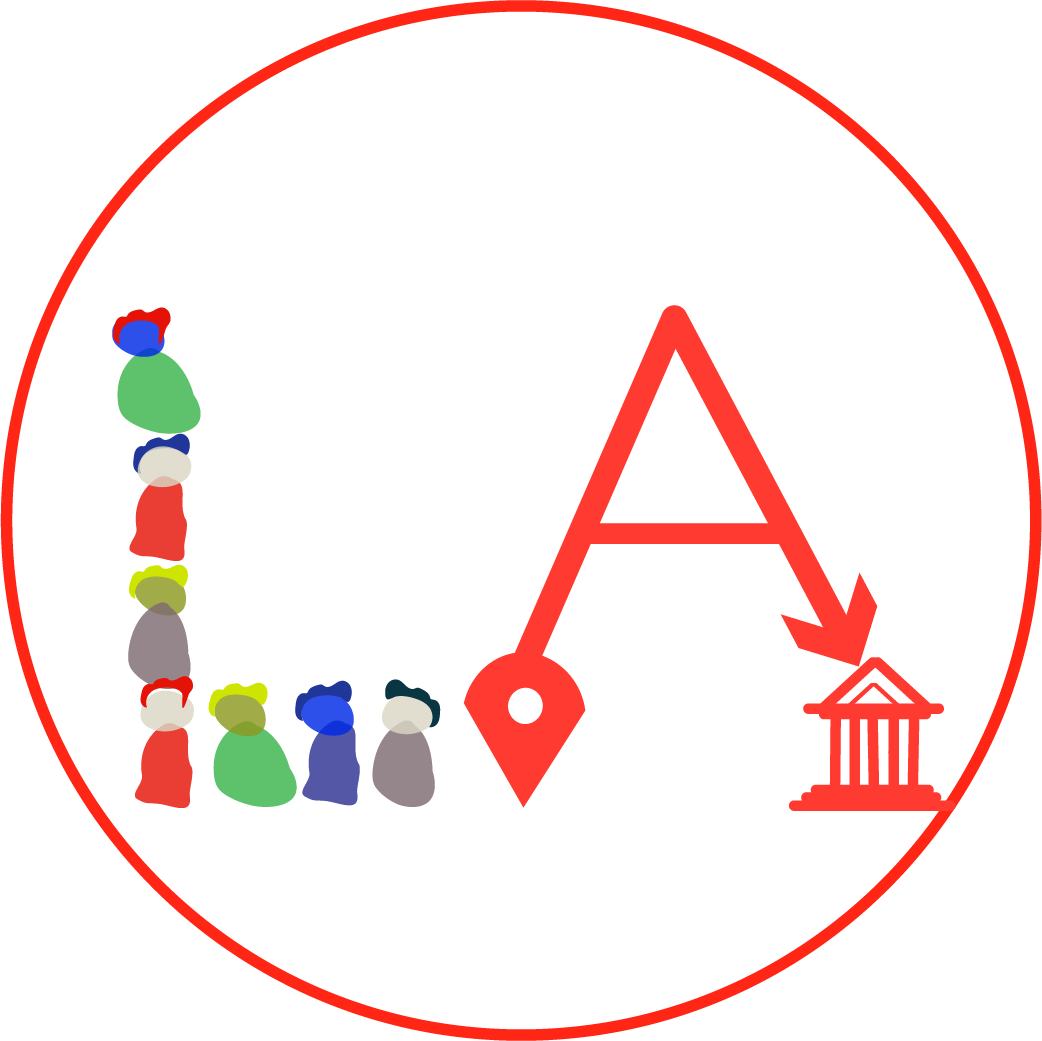Dark heritage, or ‘difficult’ heritage, is a category of cultural items associated with suffering, death and conflict.
(**not the game**
**certainly not the movie**)
While dark heritage sites were always around, evidently, they have had the most stunted infrastructure. In the past twenty years, the terminology and practice have evolved considerably.
Dark tourism, associated with dark heritage, has seen considerable growth in the past decades as the worst aspects of the human experience pass from the fringe to the mainstream. Types of dark heritage tourism can range from visiting sites like Auschwitz and Chernobyl to collecting war-time objects or even taking ghost tours. The appeal and kind of visit, as with all heritage, shifts dramatically notwithstanding, dark heritage is meant to capture crucial and traumatic experiences of human life.
Defining dark heritage is a very sensitive subject, much like the items falling under this category. Adding to its inherent sensitivity are the associations with conflict, the macabre, political ideologies etc. When identifying and safeguarding dark heritage, we ought to recognise and understand the values associated with it.
Current heritage management practices adopt a commemorative approach towards dark heritage. These practices range in understanding, promotion and type according to the level of “darkness” associated with a heritage site (e.g. lightest=cemetery/ darkest=mass grave-site). Sites with lighter connotations often feature more extensive tourism infrastructure, with commercial and entrainment events and activities, while regarded as inauthentic. Whereas sites with darker associations have low to non-existent tourist infrastructure, have an educational and commemorative purpose and are deemed authentic.
Several projects exist promoting and protecting dark heritage to retain communal memory of the most painful times of our past. The Institute for Dark Tourism Research (iDTR) and Dr Philip Stone work on the research and methodologies of dark heritage and dark tourism to expand the field as well as to increase the level of awareness and involvement from local to international levels. Moreover, the European initiative RePast is an effort to understand how residents deal with their tortured past, with a comparative study of conflict in several EU-states resulting in policy and actions. As part of RePast’s work related to education is the creation of virtual tours of European dark heritage sites:
(Before proceeding to the
SAFE AND ACCESSIBLE MAPs
Seeing as we made an effort to keep this article on the lighter side of things while you will not face any gore or scary images, the implications around some sites are arduous.)
Bosnia:
https://create.cliomuseapp.com/tourExperience/386/2/sarajevo-humanity-during-the-siege
Cyprus:
https://create.cliomuseapp.com/tourExperience/388/2/nicosia-the-worlds-last-divided-capital
Germany:
https://create.cliomuseapp.com/tourExperience/393/2/daily-life-in-divided-berlin
Greece:
https://create.cliomuseapp.com/tourExperience/394/2/jewish-heritage-past-and-present
Ireland:
https://create.cliomuseapp.com/tourExperience/395/2/the-rising-and-the-war-for-independence
Kosovo:
https://create.cliomuseapp.com/tourExperience/396/2/contested-and-competing-memory-spaces-in-kosovo
Poland:
https://create.cliomuseapp.com/tourExperience/397/2/the-memory-of-the-warsaw-ghetto
Spain:
https://create.cliomuseapp.com/tourExperience/398/2/womens-memory-the-civil-war-and-the-francoism
These tours serve as an exemplary initiative of integrating dark heritage into the overall cultural and social landscape of a city.
Our take
Dark heritage and its management draw some interesting parallels to ourselves and our identity. All cultural heritage encapsulates parts of our life. Dark heritage is the equivalent of trauma, easier to forget to protect ourselves, but if we deal with it, we move on to live better lives instead of being haunted. Therefore, we should nurture these dark and tortured parts to build a better society, that’s our view at least.
I want to learn more:
Selected Works of Dr Philip R. Stone
The Institute for Dark Tourism Research (iDTR)
Dark Heritage by Suzie Thomas, Vesa-Pekka Herva, Oula Seitsonen and Eerika Koskinen-Koivisto
Commemorative events at destination memorials – a dark (heritage) tourism context by Darko Dimitrovski, Vladimir Senić, Dražen Marić and Veljko Marinković
PS: “just shower thoughts” if Gotham city was real would all batman memorabilia be dark heritage?

